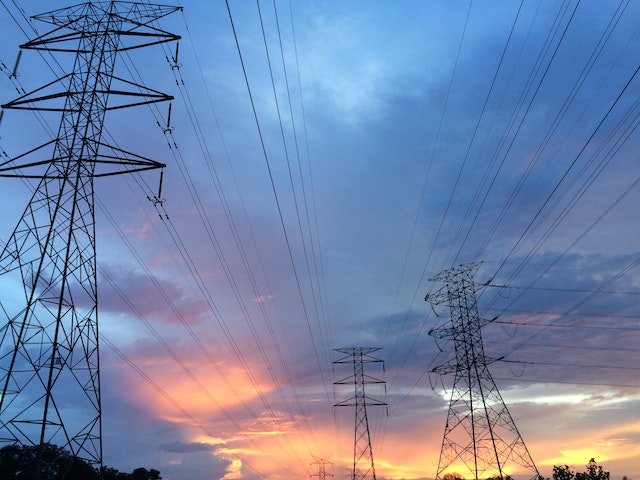
The Procedure Initiated by Estonia, Lithuania and Latvia Represents an Important Step Towards the European Energy Interconnection
In recent decades, Europe has made significant progress in energy interconnection, seeking to build a more integrated and resilient electricity grid. A significant step in this direction is the recently announced synchronization of the Baltic countries to the European electricity grid. This ambitious project represents a major step forward for energy security and efficiency in the region and for achieving the European Union’s sustainability goals.
The Baltic countries, i.e., Estonia, Latvia and Lithuania, have long operated with an electricity grid isolated from the rest of Europe, making them vulnerable to challenges such as security of supply, diversification of energy sources and lack of flexibility in balancing the demand and supply of electricity. Their interconnection with the European electricity system has long been desired, but due to various technical and political complexities, it has been postponed for years but has become more urgent with the conflict between Russia and Ukraine. The heart of the project is the creation of a high voltage direct current electrical link, known as a synchronization interconnection, which will connect the Baltic countries to Sweden and Poland, and, through these two nations, there will finally be a connection capable of allowing full integration of the energy infrastructure of the Baltic countries into the EU.
Such an energy network will bring many benefits for both the Baltic countries and the European Union as a whole. First, the synchronization will ensure greater security of energy supply for the Baltics by reducing their dependence on a single source of supply which has hitherto been represented by Russia, currently considered a hostile nation, and by diversifying energy supply options, which very important in a geopolitical context in which energy security has become a strategic priority. Secondly, the interconnection will improve the overall efficiency of the European electricity grid as it will be possible to transfer energy from regions with production surplus to regions with high demand, optimizing the use of energy resources at a continental level leading to greater price stability of electricity and better management of energy resources throughout the EU.
Furthermore, the Baltic countries have great potential for the development of renewable energy sources, such as wind and solar, and their interconnection with the EU will allow greater sharing of these clean energies with neighbouring countries, helping to reduce greenhouse gas emissions and to face the challenge of climate change more effectively. The synchronization of the Baltic countries to the European electricity grid is not only a technical project, but also a political project that promotes cohesion and solidarity within the European Union. It represents an example of how cooperation between member countries can lead to positive results and shared benefits, demonstrating the EU’s commitment to achieving sustainability goals and promoting clean energy sources.
However, it should be emphasized that the project to synchronize the Baltics to the European electricity grid also presents significant challenges. Building a complex energy infrastructure requires large investments and careful planning and it will be essential to ensure that the project is implemented in an efficient and timely manner so that its benefits can be maximized. Furthermore, synchronization will also lead to greater energy interdependence between the countries involved with the need for even closer coordination and collaboration between the participants to ensure grid security and stability. Sharing energy resources will require an appropriate regulatory and institutional framework to address the governance challenges that may arise. An electricity grid between the largest number of member countries of the European Union will make the whole continent even stronger and able to face future challenges
Alessandro Fiorentino



 Subscribe
Subscribe